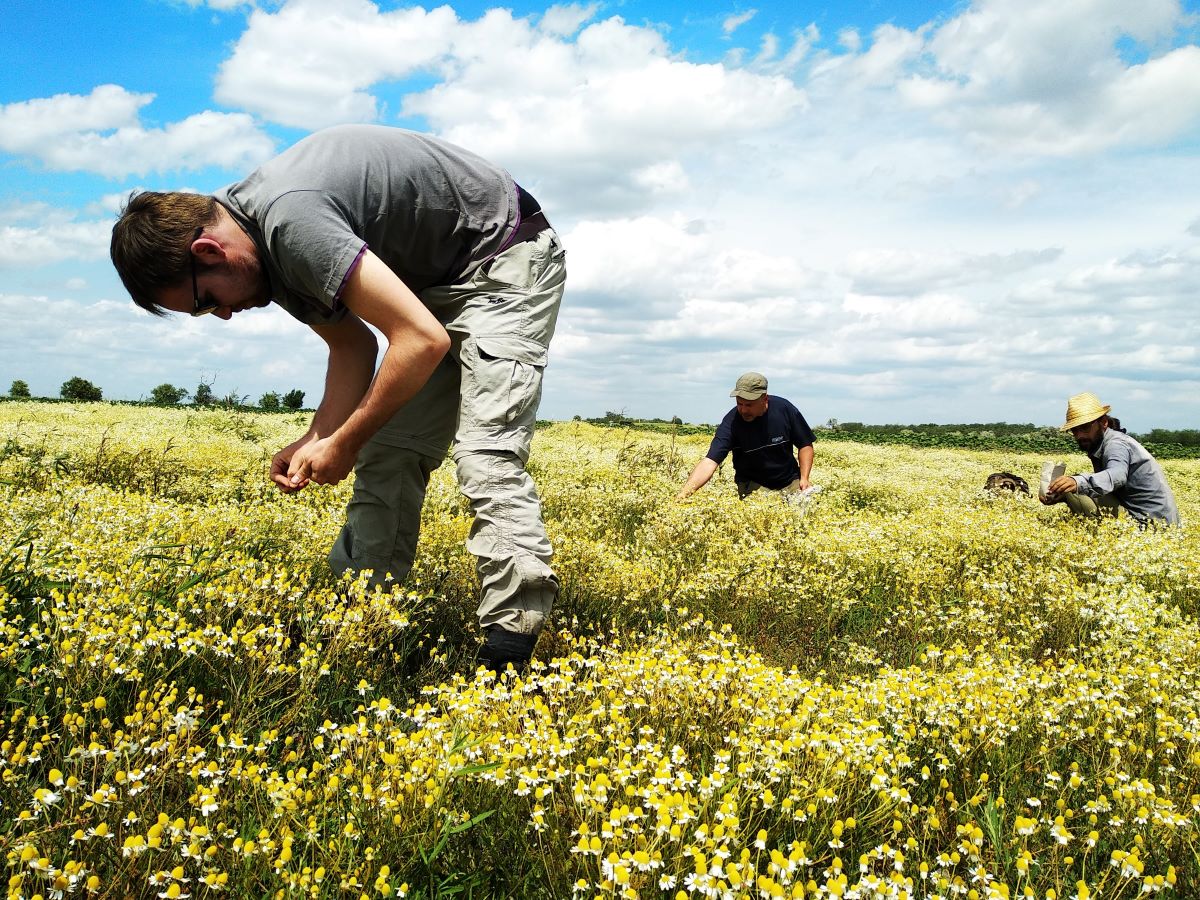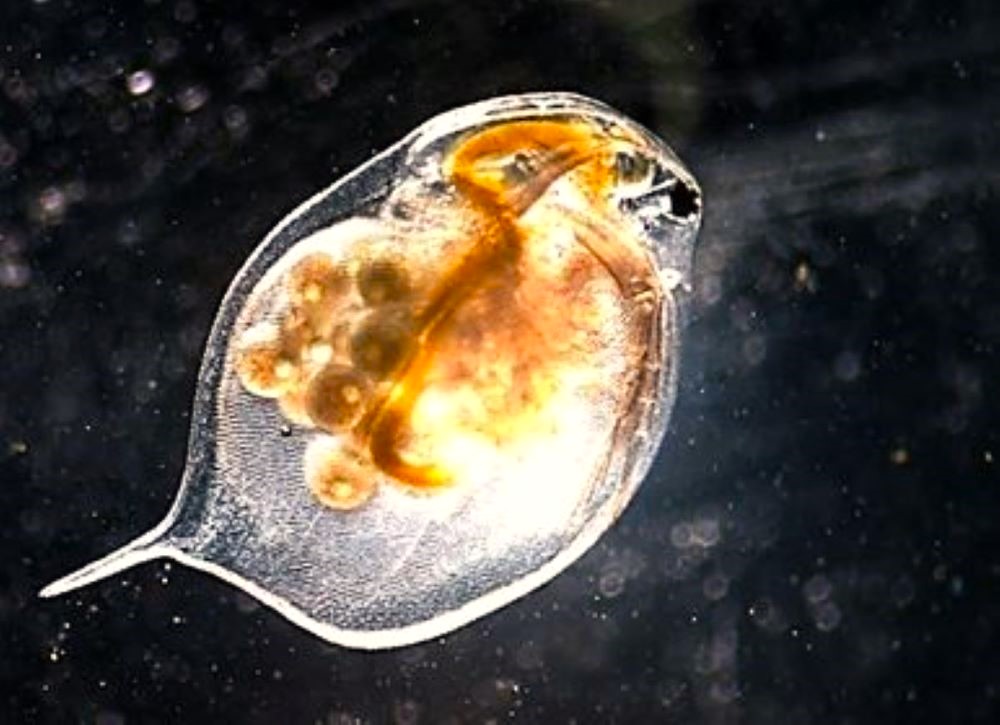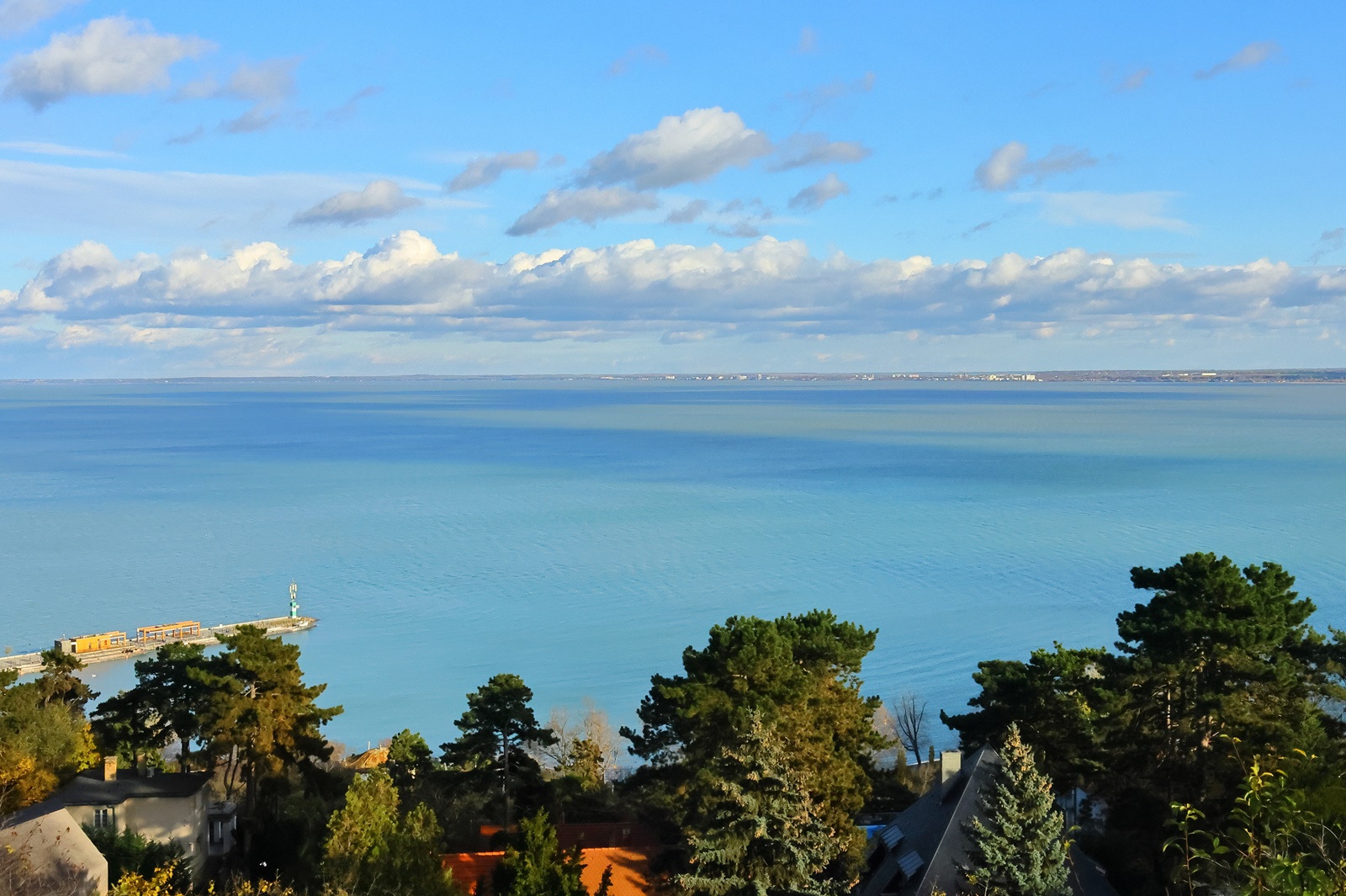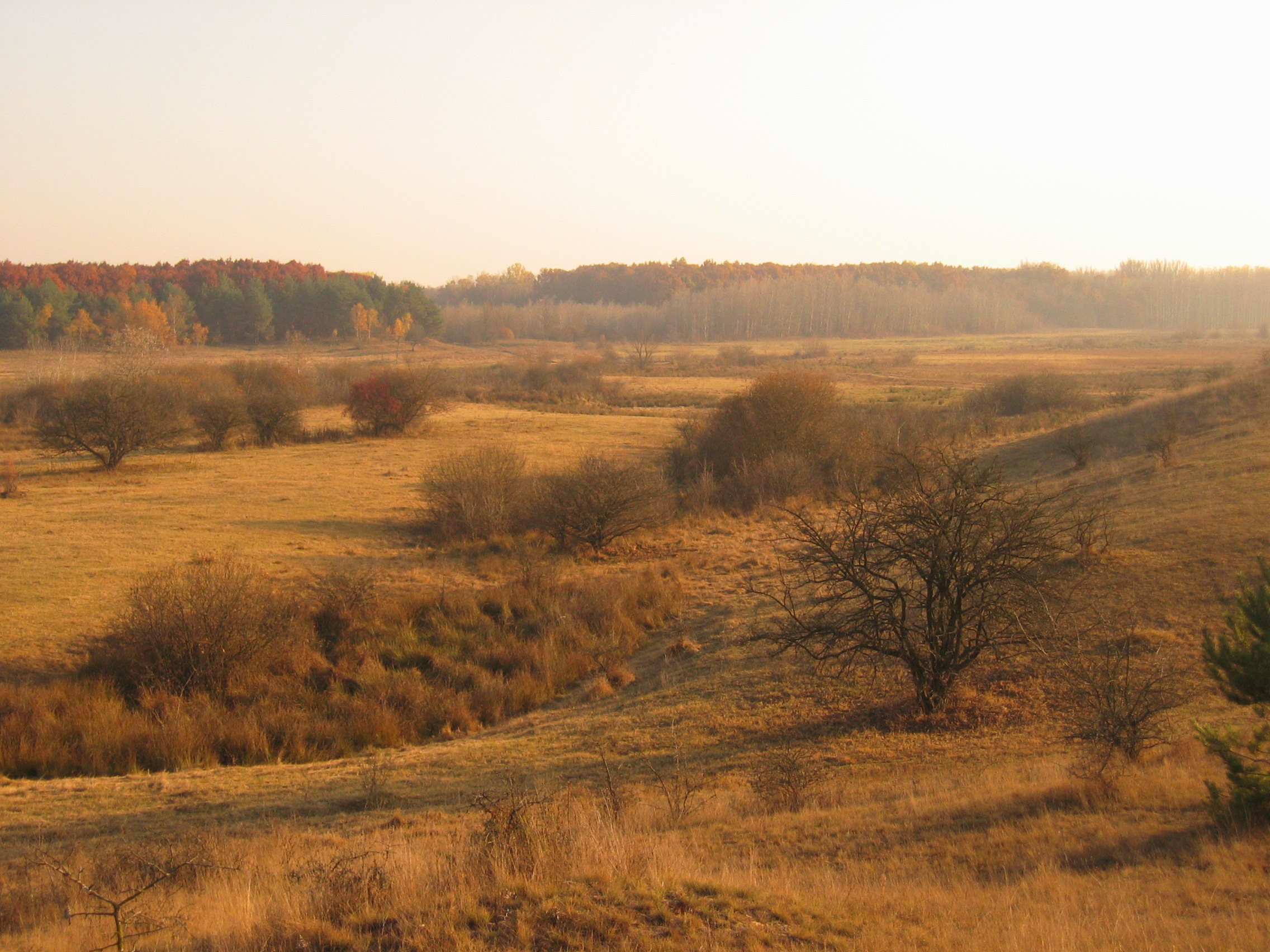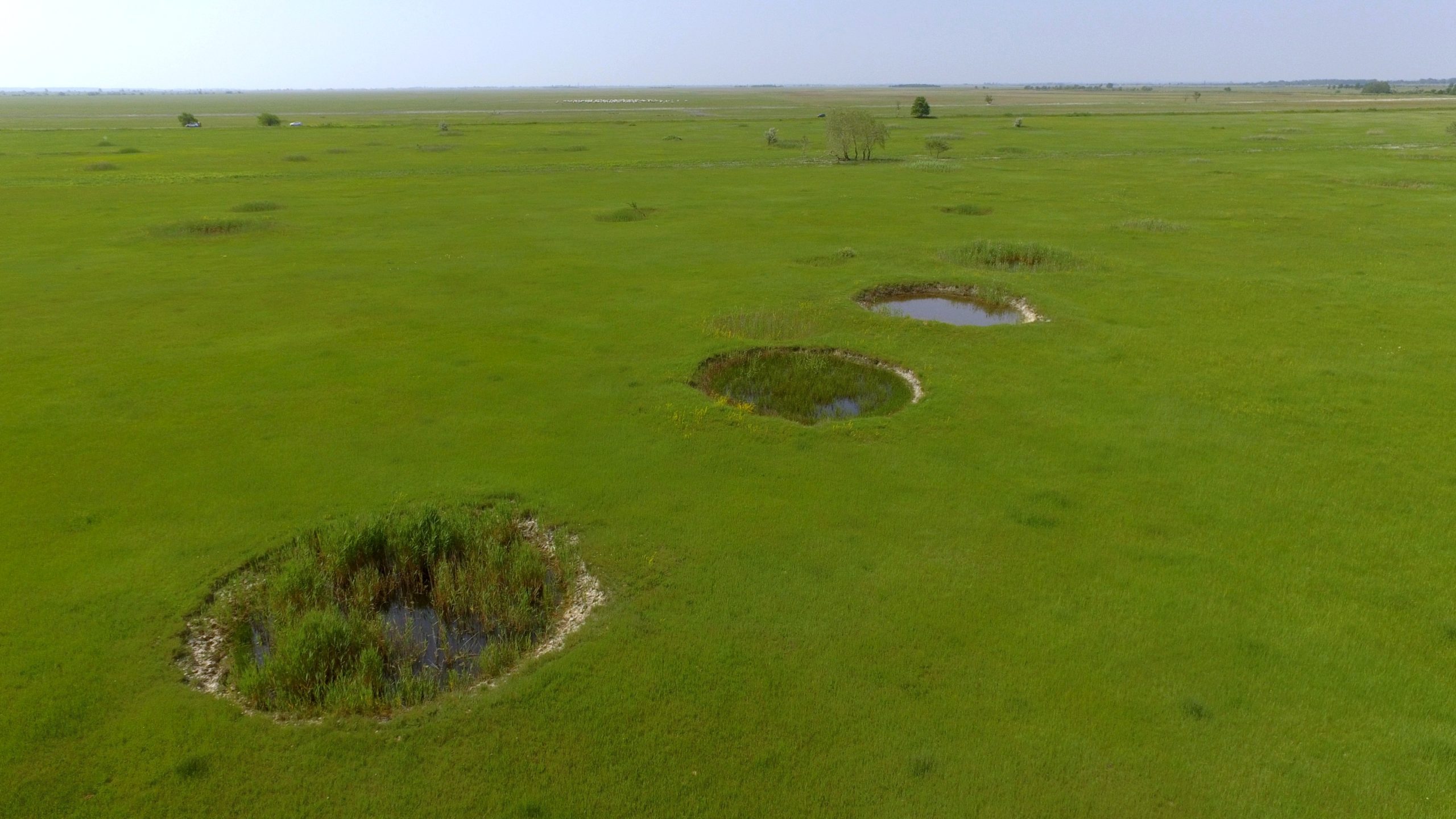Urbanisation generates multiple trait syndromes for terrestrial animal taxa worldwide
More than 50% of the world’s population currently lives in cities, yet cities can be home to significant biodiversity that provides important ecosystem services to urban populations. An international team of researchers, including Andrew J. Hamer, […]
New study with the involvement of Hungarian researchers calls for urgent action due to halt in the recovery of European freshwater biodiversity
A new study that sheds light on the extraordinary sensitivity of freshwater ecosystems and the long-term negative consequences of human impacts on biodiversity has been published in the most prestigious scientific journal, Nature. The research is […]
Small-molecule autocatalysis drives compartment growth, competition and reproduction
With the decisive participation of Eörs Szathmáry, Member of the HAS and Research Professor at the Institute of Evolution of the Centre for Ecological Research, an international team of researchers has achieved a major new breakthrough […]
The first aquatic ecology experiment is launched at the experimental site of the Centre for Ecological Research in Vácrátót
The Institute of Ecology and Botany and the Institute of Aquatic Ecology have been working together to establish new experimental infrastructure in Vácrátót. In parallel with the greenhouse experimental system, two mesocosm infrastructures are also being […]
Continuous precipitation loss causes severe damage to the diatom assemblages in large rivers
The researchers of the Functional Algology Research Group, operating at the Tisza Research Department of the Institute of Aquatic Ecology of the ELKH Centre for Ecological Research (CER), in collaboration with experts from the Department of […]
CER research group examines possibilities to prevent animal-vehicle collisions focusing on human factors
The members of the ‘Lendület’ Seed Ecology Research Group of the ELKH Centre for Ecological Research (CER) examined the human factors behind animal-vehicle collisions through a questionnaire survey. The researchers pointed out that there are significant […]
Réka Kiss among the winners of the HAS Environmental Science Youth Prize
The Environmental Science Youth Prize was established in 2010 to recognise the achievements of young scientists in the field of environmental research. The awards were presented by Eörs Szathmáry, Chairman of the Presidential Committee on Sustainable […]
Péter Batáry elected member of Academia Europea
Péter Batáry, DSc, landscape ecologist, scientific advisor of the Centre for Ecological Research and head of the Lendület Landscape and Conservation Ecology research group, has been elected to be a member of Academia Europaea. The Academia […]
The resilience of aquatic ecosystems to heatwaves and their ability to recover from changes caused by temperature-induced stress
Researchers from the Institute of Aquatic Ecology of the ELKH Centre for Ecological Research (CER) led by Csaba Vad, conducted a study in an international collaboration to explore the resilience of aquatic ecosystems to the negative […]
The Invasion Biology Division of the National Health Security Laboratory has been established with the leadership of CER as the new center for domestic research on biological invasion
The Invasion Biology Division of the National Health Security Laboratory (NHSL) has recently been established with the leadership of the ELKH Centre for Ecological Research (CER). The primary mission of the participating experts is to assess […]
Researchers do not recommend planting blanketflower in gardens due to its invasive potential
The researchers of the ELKH Centre for Ecological Research (CER) investigated the spread of the non-native great blanketflower in Hungary within the framework of the National Laboratory for Health Security project. The aim of the research […]
Researchers have revealed the multi-level effects of invasion on plant-pollinator communities
Researchers from the ELKH Centre for Ecological Research (CER) and Babeș-Bolyai University (BBE) in three recent papers have described the effects of twelve invasive plant species with different traits on vegetation (Fenesi et al. 2023), pollinator […]
Invasion Biology website launched
The website of the Division of Invasion Biology, part of the National Laboratory for Health Security, has been launched at https://invaziobiologia.hu/. The main mission of the Division is to investigate the ecological causes and consequences of […]
Tree plantations are weak substitutes for near natural forests
Over the past two centuries, in Hungary and globally, the area of natural and semi-natural forests shrunk dramatically, while at the same time some of the economic functions of forests have been taken over by tree […]
Waterbird guilds predict environmental attributes of aquatic ecosystems
Alkaline soda pans of Hungary are special representatives of inland saline waters in the interior of the continents. The largest number of soda pans in Eurasia is found in the Carpathian Basin, and these lakes are […]
Inaugural lecture by András Báldi at the Hungarian Academy of Sciences
ANDRÁS BÁLDI, Corresponding Member of the Hungarian Academy of Sciences, Research Professor at the Centre for Ecological Research, held his inaugural lecture on 14 February 2023 in the Great Hall of the Hungarian Academy of Sciences. […]
Alkaline soda wetland restoration in Apaj-Puszta on the World Wetlands Day
World Wetlands Day is celebrated each year on 2nd February to raise awareness about wetlands. This day also marks the anniversary of the Convention on Wetlands, which was adopted as an international treaty in Ramsar, Iran, […]
New Handbook about Invasive Animal Species in Hungary
After a gap of nearly two decades, the first comprehensive summary volume on all invasive animal taxa in Hungary has been published. The publication is available (also in English) in the Rosalia Handbooks series of the […]
Career
Evolutionary ecology of invasive mosquitoes
We are looking to hire a Postdoctoral Researcher for 24 months to work on a nationally funded (NRDI) project on the ecological causes and consequences of the spread of invasive mosquitoes in Hungary. BACKGROUND: Climate change […]

